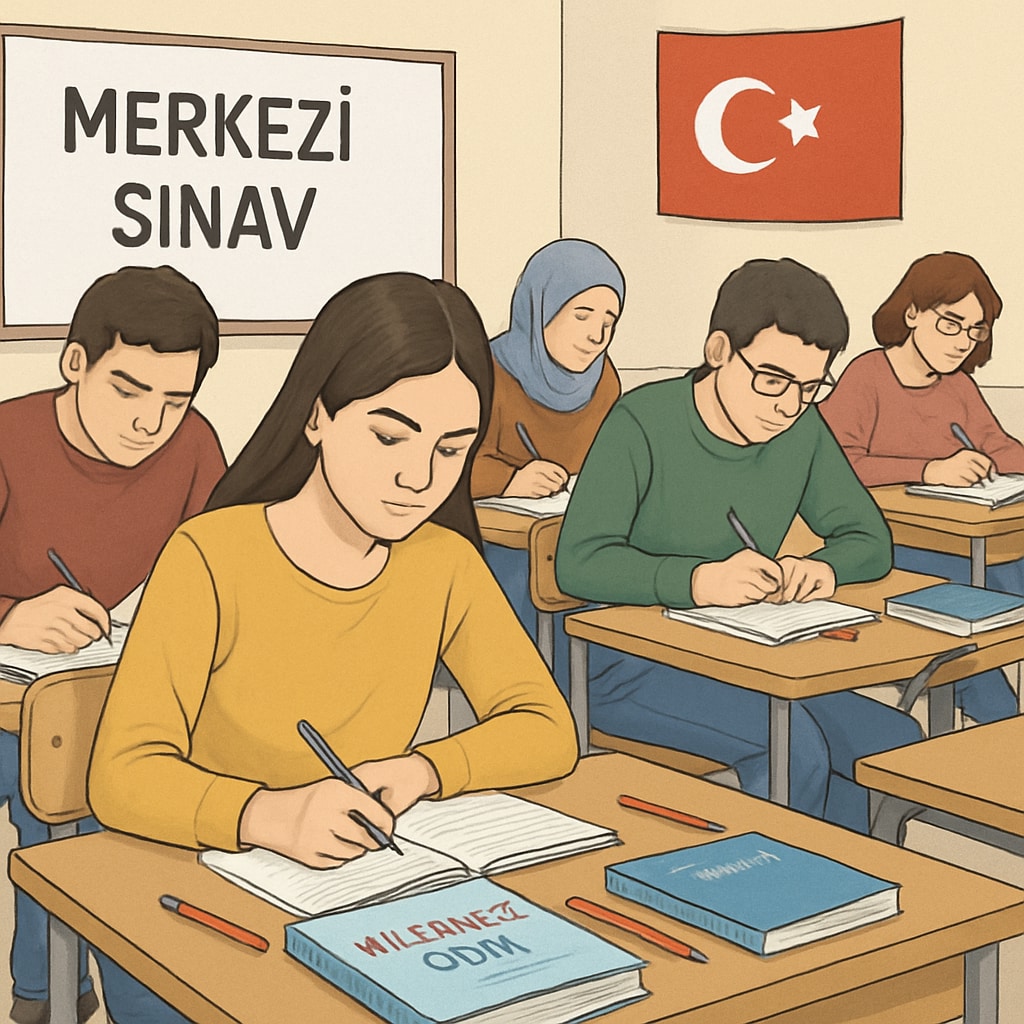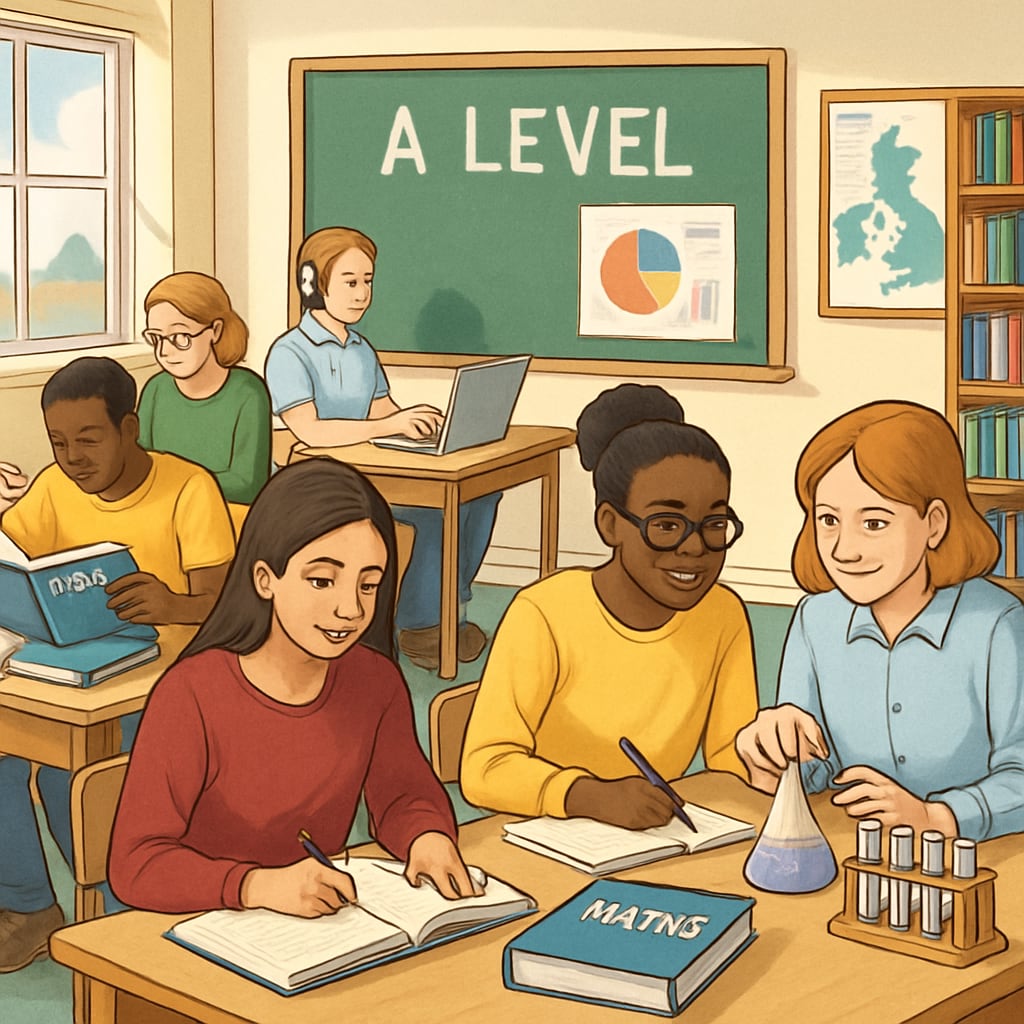Turkey’s centralized education system heavily relies on standardized exams, creating immense pressure for students while stifling creativity and individual growth. The rigid exam-oriented structure not only limits educational diversity but also overlooks the importance of fostering critical thinking and personality development. By contrasting this system with the UK’s A Level framework, we can identify transformative strategies for education reform in Turkey that prioritize personalization and broader skill-building.
The Challenges of Turkey’s Exam-Oriented System
Turkey’s education system is highly centralized, with students required to take nationwide standardized exams to progress academically and secure placements in higher education institutions. This exam-centric approach creates overwhelming competition and stress among students, often prioritizing rote memorization over meaningful learning. As a result, critical thinking, problem-solving abilities, and creativity are frequently neglected.
Additionally, the pressure to perform well in exams has led to a booming private tutoring industry, as families seek external support to ensure their children’s success. While this may benefit a select few, it exacerbates inequalities in access to quality education, particularly for students from lower socioeconomic backgrounds.
Such a system ultimately reduces education to a transactional process focused on immediate results, rather than long-term personal and intellectual growth. For example, students may excel in standardized tests but struggle to adapt to workplace challenges or pursue innovative career paths.

Learning from the UK’s A Level Model
The UK’s A Level system provides a stark contrast to Turkey’s centralized exams. A Levels allow students to select subjects based on their interests and future career aspirations, encouraging specialization and deeper engagement with their chosen fields. This flexibility fosters individuality and critical thinking, as students are assessed through a combination of coursework and exams, rather than relying solely on standardized tests.
Moreover, the A Level framework emphasizes skill-building relevant to both academic and professional environments. Students learn how to analyze complex problems, conduct research, and present their findings effectively—skills that are highly valued in modern workplaces.
Another key advantage of A Levels is their adaptability to diverse student needs. For instance, students aiming for STEM (Science, Technology, Engineering, and Mathematics) careers can focus on mathematics and sciences, while those interested in the arts can tailor their studies toward creative subjects. This personalized approach helps students develop passions and strengths, preparing them for both higher education and lifelong learning.
Learn more about the A Level system on Wikipedia.

Proposed Strategies for Education Reform in Turkey
To address the shortcomings of Turkey’s exam-oriented education system, reforms should focus on creating a more personalized and skills-oriented approach. Below are some key strategies for meaningful change:
- Introduce Subject Flexibility: Allow students to select subjects based on their interests and career goals, similar to the A Level system. This would reduce the pressure of mastering irrelevant content while fostering specialization.
- Diversify Assessment Methods: Incorporate coursework, projects, and presentations alongside exams to evaluate students holistically. This approach encourages critical thinking and practical application of knowledge.
- Reduce Centralization: Decentralize the education system to empower schools and teachers to design curricula tailored to local needs, allowing greater responsiveness to student diversity.
- Invest in Teacher Training: Equip teachers with the skills needed to facilitate personalized learning and emphasize critical thinking, creativity, and problem-solving over rote memorization.
- Address Equity Issues: Ensure all students, regardless of socioeconomic background, have access to quality education resources, eliminating dependence on private tutoring services.
Reforming Turkey’s education system requires a shift in mindset—moving away from a results-driven model to one that values the process of learning and personal development. By incorporating elements of the A Level system, Turkey can create an educational ecosystem where students thrive both academically and emotionally.
Explore the principles of education on Britannica.
Conclusion: Breaking Free from the Exam Cycle
The exam-oriented education system in Turkey poses significant challenges to students’ personal and academic growth. However, by learning from international models like the UK’s A Level system, Turkey has the opportunity to implement reforms that prioritize individuality, creativity, and skill-building. These changes can pave the way for a more inclusive and empowering educational environment, ensuring students are well-prepared for both higher education and the dynamic demands of the modern world.
As Turkey navigates its path toward education reform, the focus must shift from immediate exam results to nurturing lifelong learners who are equipped to contribute meaningfully to society.


